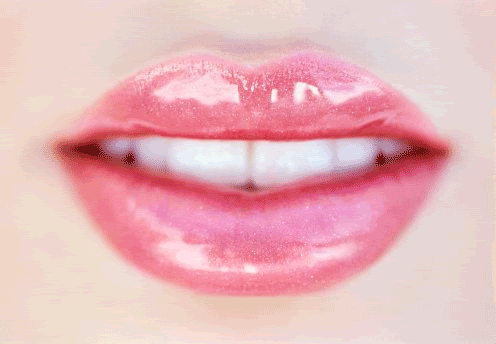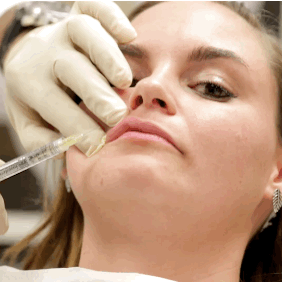Lip Filler Risks
Learn about credible, embodied downside to lip fillers that can affect sensation.
🫦 Consider what you've been wired to prioritize then make your own choices.
🫦 It's your body, do whatever is going to make you feel best. 🫦 But actually consider how you and your body feels.
Nerve involvement

The lips have an extremely dense network of sensory nerve endings. Injecting filler can sometimes cause minor nerve compression, stretching, or even micro-trauma. In most cases, this resolves in weeks, but for some, reduced sensitivity can last months or become permanent.
Tissue changes

Fillers add volume by displacing and stretching natural tissue. Over time, this can subtly reduce the fine-tuned tactile feedback your lips give you, the same way wearing a glove dulls sensation in your fingertips.
Loss of micro-expressions

Lip mobility and micro-movements are linked to subtle emotional expression and speech articulation. Even small changes in movement can alter how we feel our lips from the inside, affecting embodied awareness.
Impact on proprioception

Our brains maintain a “map” of our body. Altering lip shape and tissue density changes the signals sent to that map, so the sense of owning and feeling your lips can shift.
Loss of natural variation

Human lips are naturally asymmetric, mobile, and expressive — they fold, stretch, and crease in tiny ways that are unique to each person. Fillers can reduce these micro-variations, leading to a more uniform but less expressive surface.
Over time, the filler’s presence can change how the underlying muscles behave, slightly muting the range of motion and fine-tuned expressions your lips naturally produce.
This can mean that your “smile” or “pout” becomes more standardized, less idiosyncratic which is part of why faces start to look eerily similar in the filler-heavy aesthetic.
Altered sensation & kissing feeling ‘fake’

Lips are one of the most sensitive areas on the body, with a high concentration of nerve endings. Introducing filler can change how sensation is transmitted some people report reduced tactile feedback or a subtly “buffered” feeling.
Because filler is denser than your natural tissue, there’s a shift in how lips compress, mold, and respond to touch.
For kissing, this can translate to a slightly “rubbery” or “pillowy” feel, both for the person with fillers and their partner — which can make intimacy feel subtly less natural.
This isn’t universal, but enough people report it that it’s worth naming, the embodied cost is not purely aesthetic; it’s experiential.